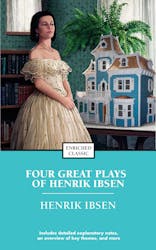A Doll's House is a three-act play in prose by Henrik Ibsen. The play is significant for its critical attitude toward 19th century marriage norms. It aroused great controversy at the time, as it concludes with the protagonist, Nora, leaving her husband and children because she wants to discover herself. Ibsen was inspired by the belief that "a woman cannot be herself in modern society," since it is "an exclusively male society, with laws made by men and with prosecutors and judges who assess feminine conduct from a masculine standpoint." Its ideas can also be seen as having a wider application: Michael Meyer argued that the play's theme is not women's rights, but rather "the need of every individual to find out the kind of person he or she really is and to strive to become that person." In a speech given to the Norwegian Association for Women's Rights in 1898, Ibsen insisted that he "must disclaim the honor of having consciously worked for the women's rights movement," since he wrote "without any conscious thought of making propaganda," his task having been "the description of humanity." In 2006, the centennial of Ibsen's death, A Doll's House held the distinction of being the world's most performed play.

Just After Sunset : Stories
Stephen King
audiobookbook
Enken
Fiona Barton
audiobook
The Murders at Fleat House
Lucinda Riley
audiobook
Kongeriket
Jo Nesbø
audiobookbook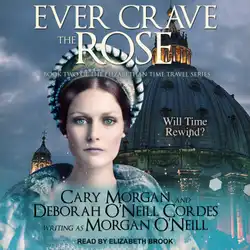
Ever Crave the Rose
Morgan O'Neill
audiobook
Lokkedue
Flynn Berry
audiobook
The Door in the Wall
H. G. Wells
book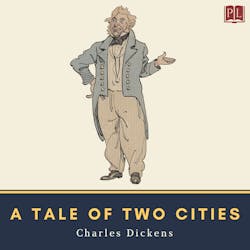
A Tale of Two Cities
Charles Dickens
audiobookbook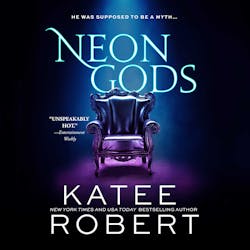
Neon Gods
Katee Robert
audiobook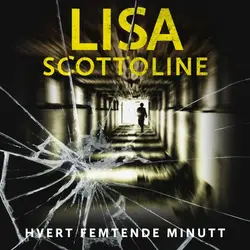
Hvert femtende minutt
Lisa Scottoline
audiobook
So Happy for You : A Novel
Celia Laskey
audiobook
Uro/BC
Carol Wyer
audiobook

